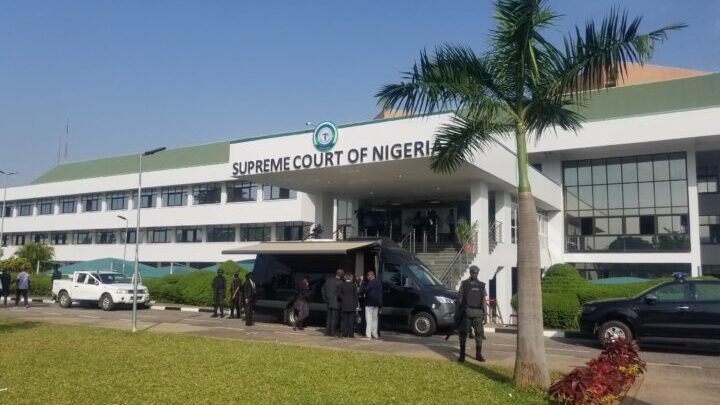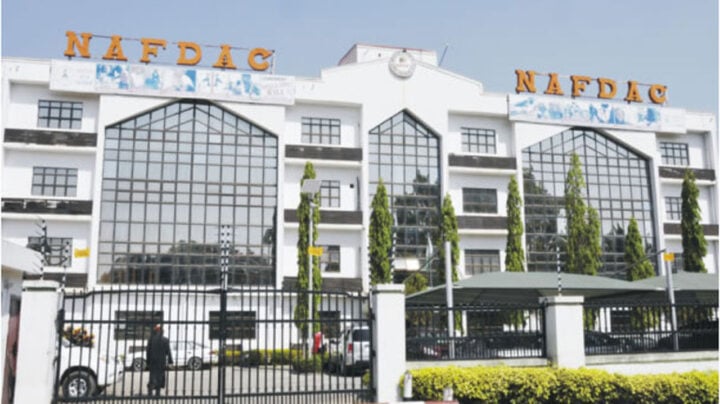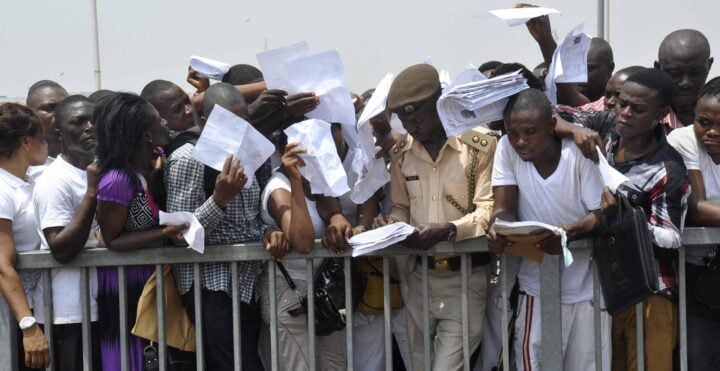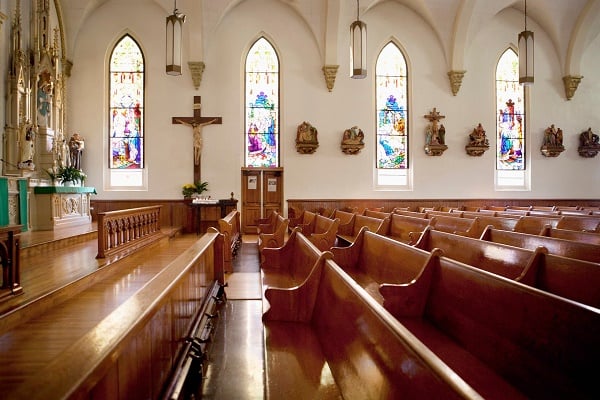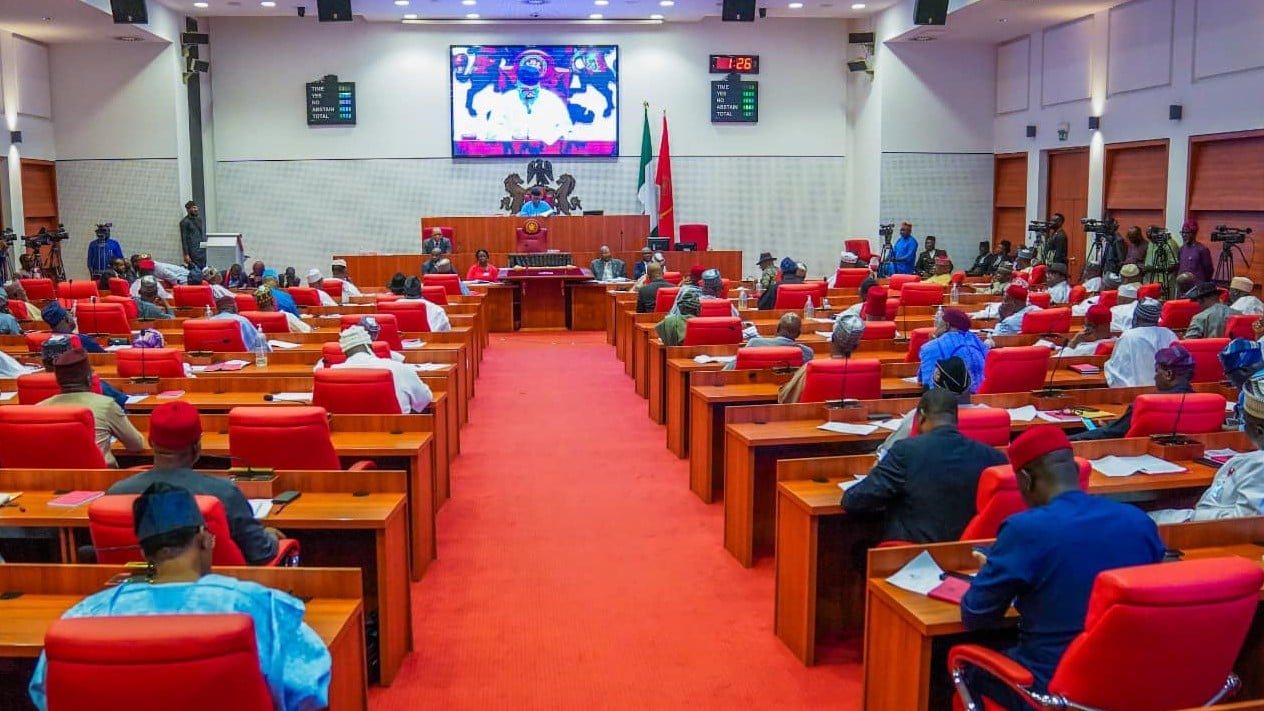The supreme court headquarters in Abuja.
The supreme court has reserved judgment in the Kano governorship election dispute between Abba Yusuf of the New Nigeria Peoples Party (NNPP) and Nasiru Gawuna of the All Progressives Congress (APC).
On Thursday, a five-member panel of the apex court led by Inyang Okoro, reserved judgment after all parties adopted their briefs of argument.
At the commencement of hearing, Okoro announced that there are nine pending appeals before the panel.
The court therefore urged lawyers involved in the matter to meet and agree on one out of the nine appeals and cross appeals that would be binding on the others.
Advertisement
The court proceeded for a brief recess to allow the parties reach a common ground on the subject.
When the panel resumed, a consensus was reached and the main appeal marked SC/CV/1179 was selected.
In his argument, Abubakar Mahmoud, counsel to the Independent National Electoral Commission (INEC) asked the court to disregard the key witness whose testimony was used to deduct 165,616 Yusuf votes.
Advertisement
He said the testimony should be inadmissible having not been front loaded along with the main petition at the tribunal.
INEC’s counsel informed the apex court that the said contested 165,616 ballot papers were authentic and originated from INEC and not elsewhere.
He said it is not the duty of a voter on the day of election to check if a ballot paper is signed or stamped and without date of election, adding that it is the task of a party agent.
Mahmoud further informed the apex court panel that the recounting of votes was done privately at the tribunal chambers after the deduction of the contested 165,616 votes.
Advertisement
He added that even when they were brought to the court of appeal, they were not demonstrated.
On Yusuf’s membership of the NNPP, he stated that it is an internal affair of the political party concerned and not for an external body, citing previous decisions of the apex court.
He therefore added that it is not a constitutional matter as being claimed by the APC, which relies on section 177(c) of the constitution as amended, and section 77 of the Electoral Act.
He informed the court that the NNPP submitted the name of Yusuf as its candidate for the governorship election, and that if the APC had anything against Yusuf’s candidacy, it should have done so after INEC published the names of candidates.
Advertisement
THE KANO CONTROVERSY
In September, the Kano state governorship election petition tribunal sacked Yusuf as governor of the state.
Advertisement
The tribunal deducted 165,663 votes from the 1,019,602 recorded for Yusuf because the ballot papers (165,663) were not stamped, signed and dated as required by law.
The tribunal then declared Gawuna of the APC as the winner.
Advertisement
Displeased with the verdict, the NNPP and its candidate, challenged the judgment at the appellate court.
On November 17, the court of appeal upheld the tribunal’s verdict and added that Yusuf was not a member of the NNPP when he contested the election.
Advertisement
However, controversy trailed the verdict days later when a certified true copy (CTC) of the appeal court judgment surfaced, contradicting the November 17 ruling.
The copy of the judgment ruled against and in favour of the NNPP candidate simultaneously, eliciting outrage on social media platforms and the streets.
The appeal court had issued a statement hours later, blaming “clerical error” for the contradictions or discrepancies.
The NNPP then filed a notice of appeal before the supreme court, seeking to quash the appellate court’s judgment.
The APC on the other hand, filed a cross-appeal at the apex court, challenging the lower court for refusing to hold that Yusuf submitted a forged certificate to INEC.
Add a comment
